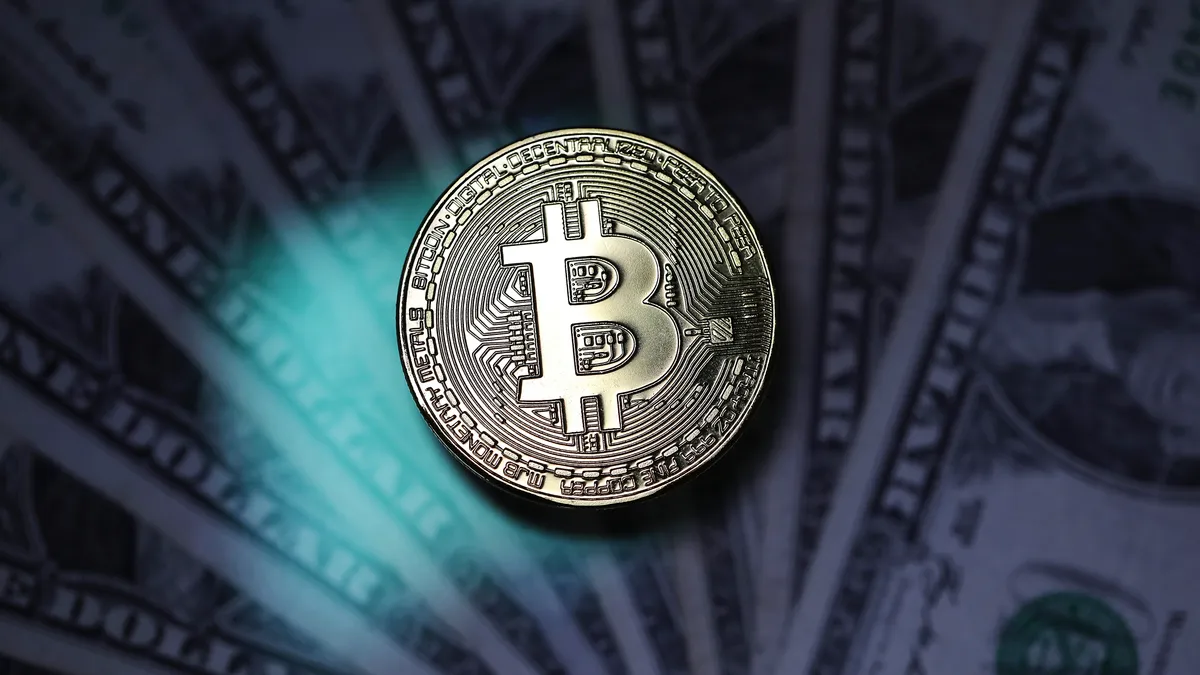Dive Brief:
- The Bank for International Settlements (BIS), in its Quarterly Review published Monday, encouraged policymakers to step in and regulate decentralized finance (DeFi) before it potentially picks up steam and becomes more heavily linked with the traditional finance market.
- The report cited high leverage, liquidity mismatches, interconnectedness and the absence of shock-absorbing capacity traditionally offered by banks as major vulnerabilities plaguing the DeFi ecosystem, and grounds for regulation.
- “There is a ‘decentralisation illusion’ in DeFi due to the inescapable need for centralised governance and the tendency of blockchain consensus mechanisms to concentrate power,” the authors argued. “DeFi’s inherent governance structures are the natural entry points for public policy.”
Dive Insight:
“The point raised in the special feature is that there’s a limit to how far you can run a whole financial system purely based on those automated transactions,” CoinDesk reports Hyun Song Shin, economic adviser and head of research at BIS, said during a press briefing.
The Basel, Switzerland-based organization's paper refers to DeFi as “the financial applications run by smart contracts on a blockchain,” which is typically a permission-less chain. DeFi aims to cut down on the rents accrued by intermediaries in traditional finance.
The report argues that central premise of boosting efficiency by reducing private intermediation has yet to be realized, and the high degree of anonymity afforded by DeFi along with limitations in anti-money laundering and know-your-customer (KYC) provisions, expose the sector to illegal activities and market manipulation.
BIS makes the case that the “De” in “DeFi” is just an illusion, since all DeFi platforms include central governance frameworks. For example, governance tokens are often integrated into DeFi projects to afford voting power to individuals. Those holding governance tokens can vote to influence the project in various ways, and become part of a body known as a decentralized autonomous organization (DAO).
It is this element of centralization that may give policymakers the ability to regulate the DeFi ecosystem. The report mentions that, in Wyoming, DAOs have been allowed to register as limited liability companies since mid-2021. Such a legal designation gives policymakers new tools to regulate the ecosystem.
BIS is an international institution owned by 63 central banks that represent countries comprising roughly 95% of the world’s gross domestic product. BIS operates as both a global forum and a bank for central banks.
Recently, it partnered with the Federal Reserve Bank of New York to launch a new innovation center, which will support research on central bank digital currencies.
In the future, BIS expects more connections to crop up between DeFi and the traditional financial system. For example, banks could receive funding from DeFi, since stablecoin companies might hold certifications of deposit or commercial paper issued by banks.
“As a result, runs on stablecoins could generate a funding shock for banks — akin to the familiar implications of a run on money market funds,” BIS said in the report.














